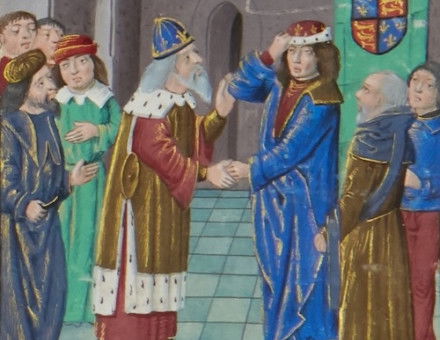Bismarck and the Two Germanies Part I
Harold Kurtz offers the background to the Franco-Prussian War.
The momentous decade of the 1860s had come to an end and the year 1870 dawned on a deeply disunited and disoriented Europe. Older people could still remember terms like ‘law of the nations’, ‘Congress System’ and ‘Concert of Europe’, but these now seemed at best academic abstractions from which all political life had fled. The great turning point had come in 1866 when Prussia under Bismarck declared war on several member-states of the German Confederation that had been set up by the Congress of Vienna.
Between June 15th, when the Prussian army had first invaded the kingdom of Hanover, and July 3rd, when Austria was decisively beaten at Koeniggratz, the Prussians had defeated all their enemies in the field. On July 5th the major belligerents agreed to accept the mediation of Napoleon III who was making ready to act once more as the arbiter of Europe.





